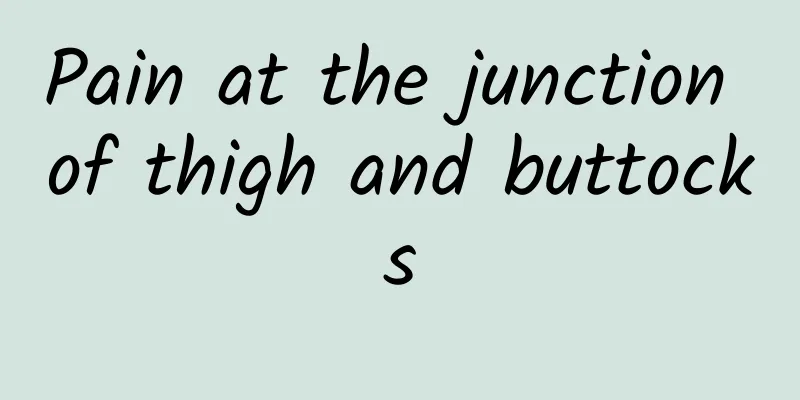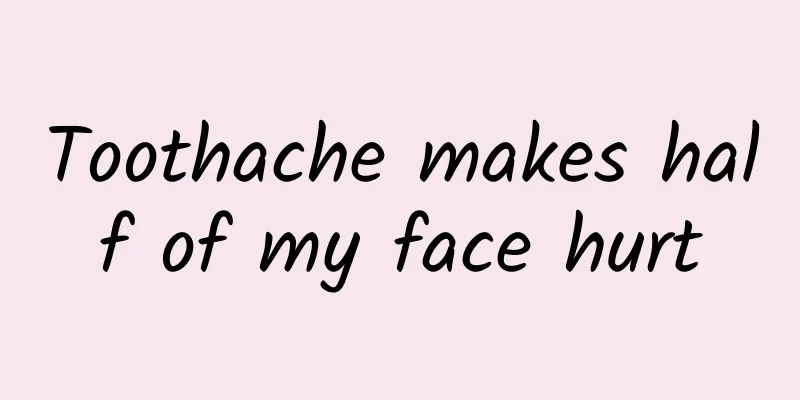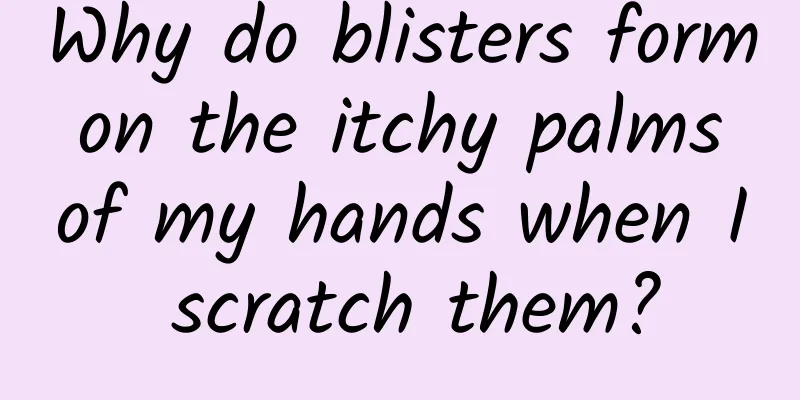How to treat nighttime bruxism

|
Many friends will suffer from nocturnal teeth grinding. Once it occurs, it will cause great pain to the patients, because nocturnal teeth grinding not only affects the patients' physical health, but also causes the patients to suffer from a decline in the quality of insomnia. Nocturnal teeth grinding will bring certain psychological pressure to the patients, which is not conducive to the patients' mental health. Therefore, once you find that you have nocturnal teeth grinding, you must find a way to treat it. So what methods can we use to treat nocturnal bruxism? We can use the method of awakening stimulation during sleep to treat nocturnal bruxism, or we can use methods such as reducing brain excitement to treat nocturnal bruxism. There are many treatments for bruxism, and the main clinical purpose is to reduce the damage caused by bruxism to the occlusal surface of the teeth and alleviate the symptoms of muscles and joints. The principle is to block the cause of the disease and reduce the damage. 1. Psychotherapy There are indeed psychological factors that cause excessive tension in the jaw muscles. Eliminate tension, relieve unnecessary worries, and arrange work reasonably. Take diazepam tablets orally if necessary (may cause dependence). 2. Reduce brain excitement Resting and relaxing before going to bed, doing proper gymnastics, avoiding stimulating foods and smoking, and improving the sleeping environment can help reduce the brain's excitement. Mobilize the patient's self-awareness and self-control psychological effect to reduce the occurrence of bruxism. The effect is very small. 3. Muscle relaxation therapy Excessive tension in the jaw muscles is one of the causes of bruxism. Relieving excessive muscle tension during treatment is a necessary means to control bruxism. Commonly used methods include: the use of muscle relaxants; physical therapy, training of the physiological functions of the masticatory muscles; massage; audio-visual cues and other methods. The effect is very small. 4. Wake-up stimulation during sleep Through biofeedback, the patient is awakened by electrical signals such as sound when teeth grinding occurs, thereby temporarily stopping teeth grinding. Some researchers have performed temporary afferent electrical stimulation on the lips, and the results showed that it was effective in controlling bruxism. However, this method interferes with the sleep of patients and their cohabitants and is not effective in the long term. 5. Adjust occlusal treatment By grinding a small amount of tooth tissue, removing occlusal interference and premature occlusal contact, and establishing an occlusal balance, a physiological balance between the teeth, jaws, masticatory muscles, and temporomandibular joints can be achieved, thus eliminating bruxism. For patients with malocclusion, orthodontics or restoration are performed first. 6. Intestinal deworming treatment Ascaricidal treatment reduces the peristalsis of intestinal parasites and irritates the intestinal wall. Bruxism caused by roundworms may occur in children for hygiene reasons, but the chance of bruxism caused by roundworms in adolescents and adults is almost non-existent. Therefore, deworming treatments are not effective for adolescents and adults. 7. Occlusal splint treatment Make a dental pad and wear it on your jaw before going to bed at night. Remove it in the morning to relieve muscle tension. It is currently the most easily accepted by doctors and patients. It is effective in preventing tooth wear but cannot cure bruxism. 8. Correct bad habits of the dental and maxillofacial system Such as unilateral chewing, biting pencils, and chewing gum frequently. 9. Medication The main focus is on trying to adjust dentofacial movement disorders and muscle tension disorders. Topical botulinum toxin (BTX) is effective in treating movement disorders. BTX was injected into the masseter muscles on both sides of patients who bruxed their teeth for a long time. As a result, most patients stopped grinding their teeth immediately to 4 weeks after the injection, but some patients also developed difficulty swallowing. Using L-dopa to regulate the central nervous system can significantly reduce the number of times people grind their teeth, but it can easily cause nausea, vomiting, insomnia, arrhythmia, and mental illness. It should only be considered when other treatments for bruxism have failed. 10. Chinese Medicine Traditional Chinese medicine believes that dentition mostly belongs to heat in the stomach meridian, which can be treated with acupuncture, ear acupuncture, massage and other means. You can also take Xuanfeng Powder to clear away heat and kill insects: betel nut, tangerine peel, licorice, and black ugly (fried), grind them into fine powder, make pills with refined honey, take 2 grams each time, twice a day, with warm boiled water. In the above article, we introduced that bruxism brings a lot of pain to patients. It not only affects the patient's physiology, but also affects the patient's physiology. We can use methods such as reducing brain excitement, bite splint treatment, muscle relaxation therapy and traditional Chinese medicine to treat bruxism.
|
Recommend
Why do I have red spots on my feet?
The most common cause of red spots on the feet is...
Sudden large dandruff
Dandruff is very much a personal image. However, ...
The efficacy of wisteria flowers
If we want to know the effects of wisteria, we mu...
Symptoms of tendinitis
Tendons are tissues used to connect muscles and b...
What are some habits that damage your kidneys?
With the progress of society, the pace of people&...
How to treat severe pharyngitis?
Pharyngitis is a common throat disease and there ...
What to do when you feel weak during menstruation
Women's physical condition is relatively poor...
How to treat open pneumothorax? Two methods are most effective
Pneumothorax is very common in our bodies. Genera...
What is the best way to treat gastritis?
There are indeed many diseases that have been ide...
Can Bianstone Cupping Cure Diseases?
Traditional Chinese Medicine is a miraculous way ...
Is Cassia Seed poisonous?
Cassia seed is actually not a simple existence, b...
Causes of neurasthenia
Neurasthenia is a very common disease. Such a dis...
What are the Chinese herbal formulas for weight loss?
Weight loss with Chinese medicine is a method tha...
Conditions for vaginal delivery after cesarean section
We all know that because of the implementation of...
What to use for foot bath if you have athlete's foot
Even though having athlete's foot is a very e...









